Digital ID plays an important role in the digital transformation of Africa by providing secure and convenient ways for residents to access services and a streamlined way for organisations to authenticate users. Due to this, several countries on the continent are transitioning toward national digital ID systems. However, the success and impact of a national digital ID programme depend on its uptake and use cases. Currently, the majority of the use cases of digital ID in Africa are limited to elections, financial inclusion, and telecom — but there are many more opportunities for this technology to improve people's lives on the continent.
Carnegie Mellon University Africa’s Upanzi Network and MicroSave Consulting (MSC) have developed a series of regional hackathons across Africa to uncover some of these untapped opportunities through new innovative digital ID use cases. The hackathons, geared toward undergraduate and graduate students, are not only focused on developing and prototyping; they are part of a larger initiative to increase the technical capacity of participants, promote innovation, and foster the next generation of thinkers in the field of digital identity. MOSIP is a strategic partner in this Digital ID Hackathon initiative.
Local knowledge is needed to create sustainable solutions
To achieve sustainable implementation of digital ID within African countries, solutions need to be contextually aware and diverse. By educating students on the technology of digital ID, the initiative aims to empower young people to develop ideas that incorporate their own unique understanding of the needs of their communities and the nuances of their cultures.
Africa is diverse in its culture, language, and socio-economic conditions. With challenges on the continent — such as inconsistent internet access, limited digital literacy, and reliance on paper-based systems in many regions — much of the burden of a digital future rests on the strength of Africa's large youth demographic. If nurtured through capacity building, there is an important opportunity for grassroots innovation from young Africans.
Local capacity building is essential for creating contextually-aware solutions, as seen in one Kenyan institute’s efforts to leverage Digital Sequencing Information (DSI) for agriculture and livestock. Empowering local experts enabled the development of resilient and sustainable systems that addressed their region-specific challenges, such as genetic diversity and climate adaptability. Initiatives like the African BioGenome Project show that fostering local expertise enhances innovation, ensures equitable resource use, and integrates cultural and ecological contexts into solution design. The key takeaway is that global frameworks must prioritise local knowledge for impactful, long-term development.
Upskilling talent in Africa to lead the digital transformation
In an era where digital identities are becoming increasingly vital for access to services and opportunities, equipping Africans with skills and knowledge to harness the power of digital ID is of paramount importance.
The key value proposition for adopting open-source digital public goods is the promise of technology independence, making vendor lock-in a phenomenon of the past. However, if the adopting nations have no capacity to deploy, maintain, and govern these digital systems effectively, there will still remain an effective vendor lock-in.
The Digital ID Hackathon initiative includes an educational component for all participants. Before submitting their use cases, students participate in a free virtual course that equips them with a solid understanding of digital ID, its key features, and the technical aspects of digital ID platforms. The course covers essential topics, including privacy, real-world use cases, and in-depth explorations of MOSIP technologies such as Inji and eSignet.
As student teams progress through the hackathon, they are able to develop their ideas in the MOSIP Sandbox environment. They then receive mentorship from digital ID experts for guidance and support as they develop their prototypes for potential real-world applications.
Hackathons are a tried and tested capacity development toolkit that bring together diverse communities of talent to sustainably crowdsource innovative solutions to address pressing socio-economic challenges that could otherwise be missed by traditional approaches.
Solutions developed for Eastern Africa to foster regional integration and inclusion
The Eastern Africa regional hackathon, held first in the series, resulted in 171 registrations from 8 countries and 18 idea submissions. Four top teams were selected to proceed to the prototyping stage, with use cases in the areas of agriculture, education, and health.
01 SmartTrais: A digital solution designed to improve the efficiency and transparency of agricultural subsidy programs in East Africa. The tool uses digital ID to provide subsidies to eligible farmers, reduce fraud, and ensure that resources reach those who need them most.
02 Farm2Global: Connects East African farmers with global buyers. The platform uses digital ID infrastructure to verify farmers’ identities and allows them to showcase their crops and production capacities. This facilitates direct communication between farmers and buyers, increases market access, improves trust, and enables potential economic growth in the region.
03 Ecard: A digital student ID system designed to improve efficiency, security, and integration of services in universities. The Ecard service combines physical cards with digital ID instances to offer multiple authentication methods, reduce costs, and simplify administrative processes.
04 HealthID: A digital health identification system designed to improve healthcare access and outcomes in Africa. It uses QR codes and a secure backend to allow patients to manage their medical records and share them with healthcare providers seamlessly. This solution addresses the challenges of fragmented healthcare systems in Africa and leads to better care coordination, improved patient outcomes, and increased accessibility.
Next, students develop use cases for Northern, Western, and Southern Africa! Students from each region are encouraged to participate in order to shape the future of digital ID in their area. The hackathons will conclude at the ID4Africa 2025 General Meeting being held May 2025 in Addis Ababa, Ethiopia.




